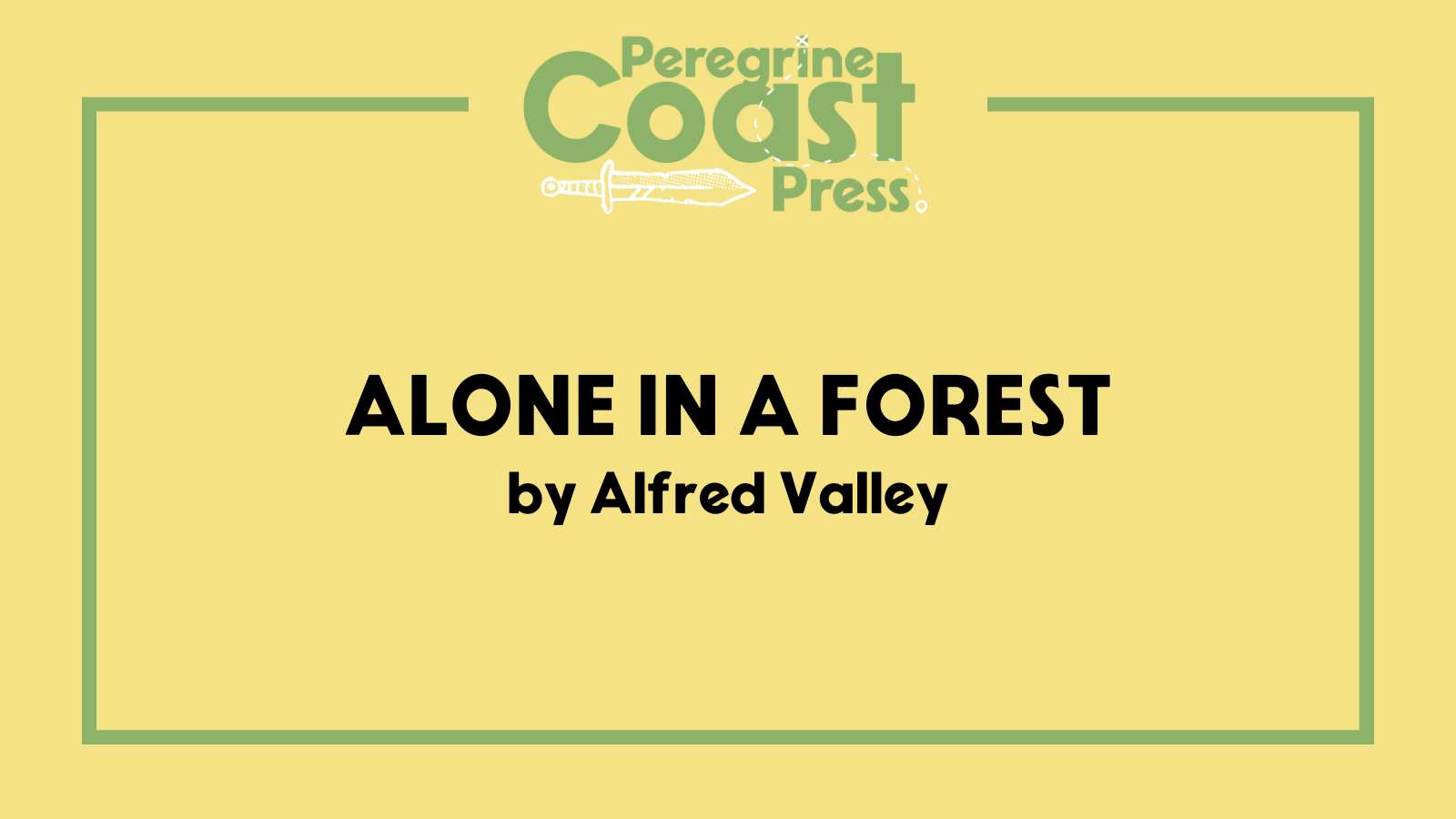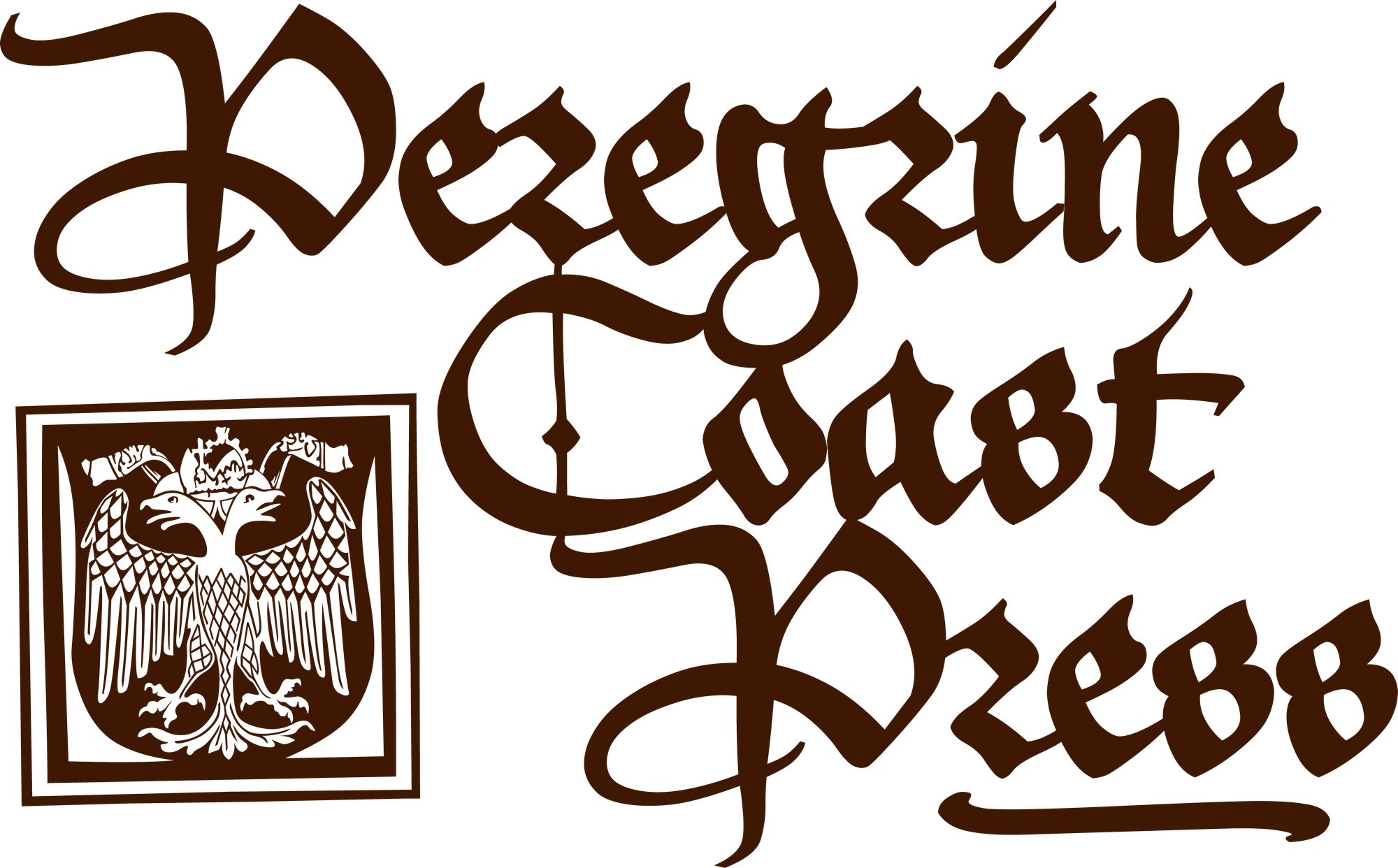Alone in a Forest
There’s a German word. One of those words that appears on lists because it supposedly has no direct translation in English. The word is Waldeinsamkeit. “Solitude of the forest”.

sublime solitude
There’s a German word. One of those words that appears on lists because it supposedly has no direct translation in English. The word is Waldeinsamkeit. “Solitude of the forest”. It is a quality of sublime solitude amongst the whispering trees of the woods. Pause for a moment and try to imagine this feeling. I imagine it like lying on a bed of bottle-green moss with a column of the morning sun cutting a hole through the canopy above. And time stands still.
the cruellest god
I have been thinking about Pascal’s Wager. Being online, being on Twitter, has made me think about religion. Personal beliefs on social media crash together and fall away only to crash together again and again, two Sisyphuses shoving the same rock in opposite directions for eternity. Nothing ever changes. And why would it.
Blaise Pascal, the 17th Century philosopher and mathemetician, argued that people might as well believe in God. If you gain, you gain all; if you lose, you lose nothing, he reasoned. It reminds me of that joke from the film Badlands:
Did you hear about the guy at the nuthouse that walked around naked except for hat and gloves? This nurse came up to him and said, "You can't walk around that way." And the guy says, "It's okay, nobody comes around here anyway." And the nurse says, "Well, what do you have on the hat and gloves for?" And the guy says, "Well, you never know..."
In Pascal’s mind, we should dress up for God because… well, you never know. And that will save us the inconvenience of eternal damnation. But he almost certainly was thinking of God god, the Christian one, and his Wager doesn’t consider the question of choosing the correct deity.
Lately I have been thinking of Pascal’s Wager and doomscrolling. But in my head it’s distorted, stretched to its extreme. There’s a line in my head. Find the cruellest god. Find the cruellest god and worship them. Except sometimes I think I - we - have already found them. In an unknowable world where tragic things happen, the cruellest god flaunts the idea that we can turn to other human beings online and make meaningful connections. And then that god pulls the rug out from under our feet. Hell is a shadowban, the promise of community and the bitter emphasis on the ways we are each ultimately alone, howling into the void. Crashing together and falling away again. The closer we come, the further apart we feel. Like I said, I’ve been doomscrolling…
alone at the wheel
My superpower would be the ability to stop time. As a child who enjoyed spending much of my time alone wandering around the local park, getting up to make-believe adventures, I longed for this superpower. I still do.
The rest of the time I spent playing video games. Minutes, hours, whole days, whole summers of playing, blocking out the outside world. For all the joy of this era in my life, there’s also a lingering sadness that I finally understood when I heard these lyrics sung by Matthew Milia of Frontier Ruckus:
When my death-day comes
For certain, I'll be sorry
For all that I have done indoors
When outside suns were shining
By now I’ve spent whole indoor lifetimes in Grand Theft Auto, Fallout, Elden Ring. But there’s something more than regret about missing sunny days. There’s an ambient melancholy to video games, particularly those with massive open worlds. I’ve felt it in the rain on the docks of Normandy, Liberty City. I’ve felt it on the neverending plain of the Mojave Wasteland. I’ve felt it on the Weeping Peninsula. These richly-detailed worlds, bursting with programmed life, changing weather, people I can approach and interact with. The feeling is loneliness.
As a child I had a dream that everyone I knew and loved had been replaced with doppelgängers. These doubles looked and acted exactly like the people they had replaced. They treated me the same and said all the right things. There was no way you could tell they were any different. But I knew. And it was deeply, deeply upsetting.
In waking life this sensation is the hallmark of a psychiatric disorder called Capgras delusion.
My experiences with open world games remind me of this feeling, the intensity of outward appearances, the promise of connection and that absolute hollowness under the surface. The Capgras delusion. The cruellest god.
Standing under an ancient pine tree in the park, with its branches hanging right down to the needle-blanketed floor, I could experience time stopping for a short while. Sitting in my childhood home with the curtains closed, driving a stolen car with no real destination in mind, I could not escape the overwhelming sensation of time hurtling by.
the possibility of isolation
For many players of tabletop roleplaying games, the idea of playing solo seems antithetical to the spirit of the thing. If what you love most about these games is coming together with friends and being present in each other’s company, then it’s hard to imagine the appeal of playing alone. Surely it’s a lonely pursuit?
When solo roleplaying shines it feels something like Waldeinsamkeit. It is solitude yes, but not loneliness necessarily. It is being alone in a spectral forest, attuned to a moment, to a frequency only you can perceive. And time stops.
Why would this feel any different to playing a single player video game? It is human nature to attempt to identify with the simulacra of virtual game worlds but ultimately they can feel hollow, fraudulent somehow. To have a positive solo RPG experience is to build a world of your creation. Even closely following an adventure or the lore of a rule book, the final thing that brings play together is the player’s imagination, imbuing it with a colour and candour of its own. We don’t fall into the trap of mistaking these worlds for something realer than they are; they are real within our own internal logic.
I think often of these lines by Fernando Pessoa, a writer famous for his many heteronyms - different imagined personas. This is from a poem called The Keeper of Sheep:
I have no ambitions nor desires.
To be a poet is not my ambition,
It's simply my way of being alone.
Like the Keeper of Sheep we can bring meaning to being alone by being poets; by having creative agency of the shape of that solitude.
***
We’re living in a time with a certain Capgrasian pall, where the real spark of life can feel like it’s been replaced with crowded artifice. In this environment, if you’re like me, it can be hard to switch off that part of your brain that wants to ruminate, to doomscroll. Whilst I wouldn’t suggest anyone bury their heads in the sand or run away from their responsibilities to live a life in the wild like the characters in Badlands, there’s something to be said for cultivating moments of Waldeinsamkeit, either physical or imagined. If the suns aren’t shining with you, there’s a way to nurture a forest in your mind.
Alone in a Forest is the type of writing you can expect in Filmmakers Without Cameras. Want more to read?
Filmmakers Without Cameras: The Trilogy is open for pre-orders!
